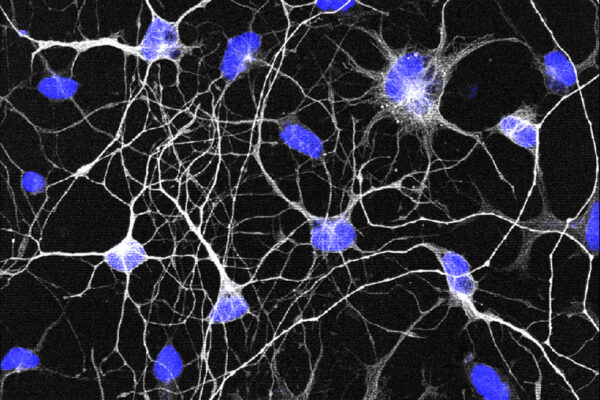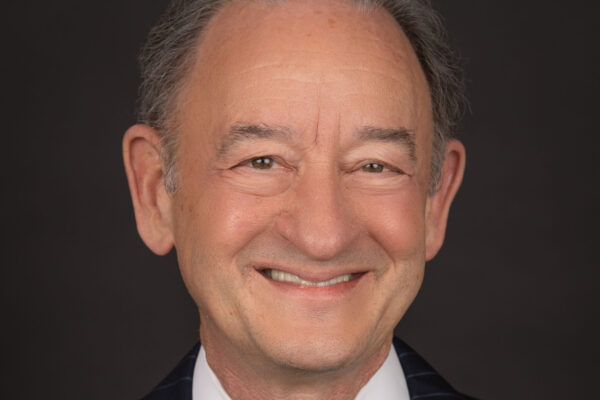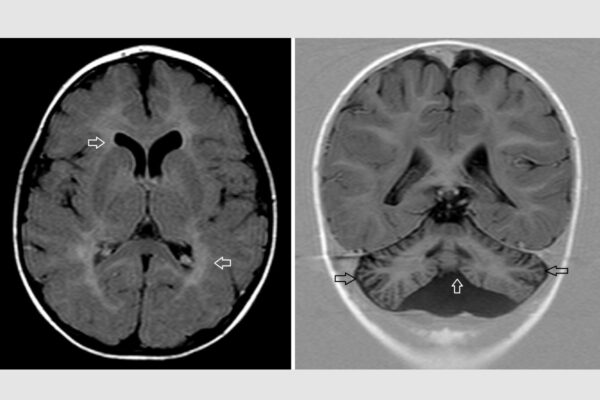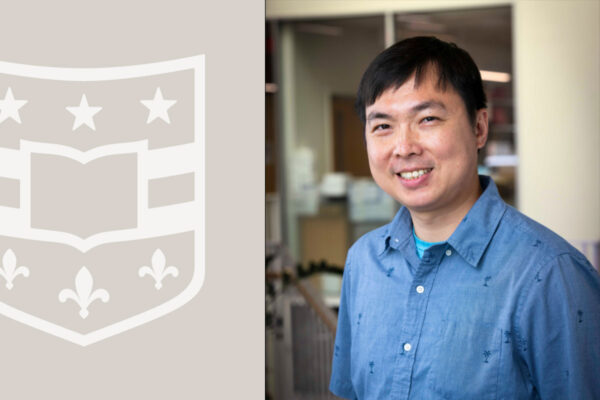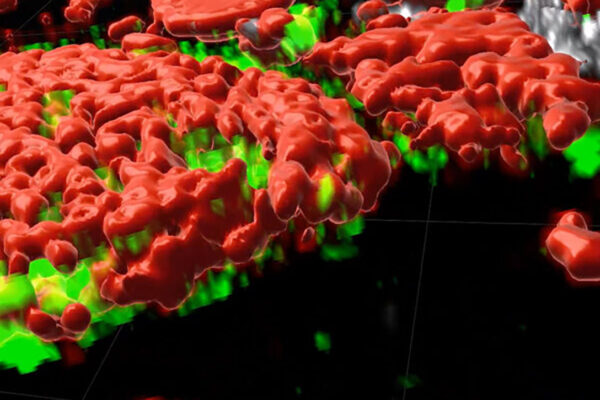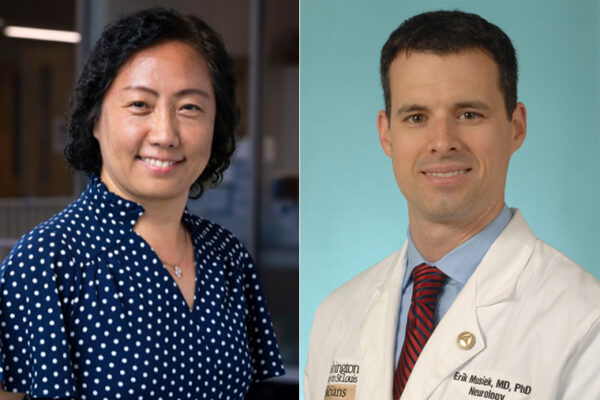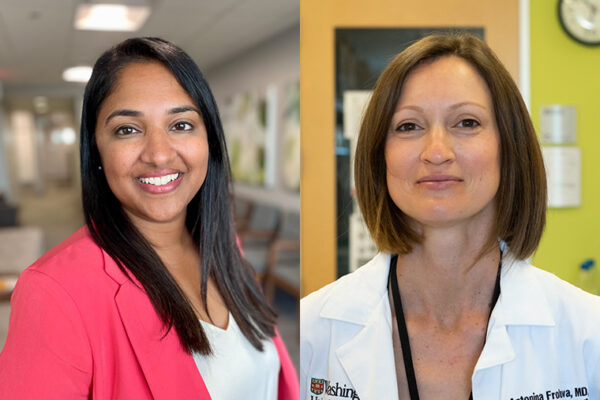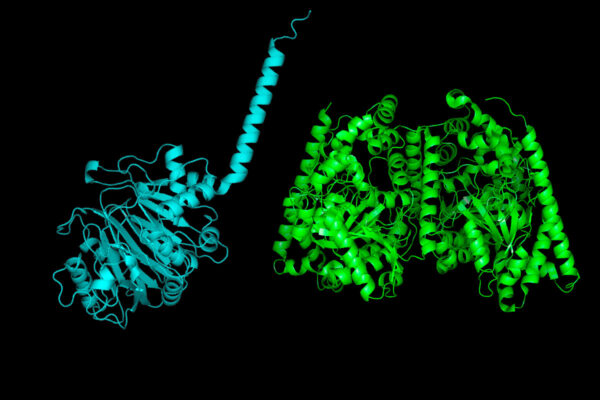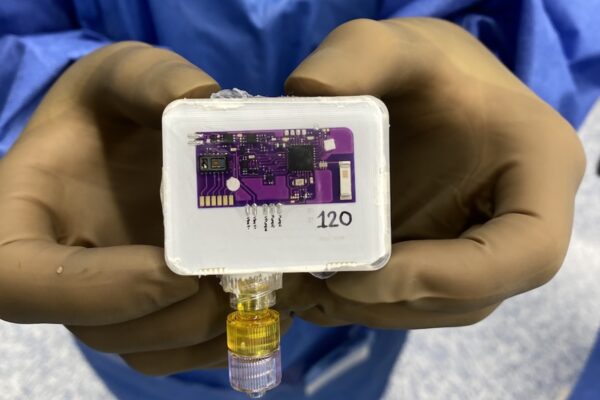Yoo receives grant from Hereditary Disease Foundation
Andrew Yoo, a professor of developmental biology at WashU Medicine, has received the 2024 Transformative Research Award, a two-year $1 million grant from the Hereditary Disease Foundation.
Wrighton named to Ingram’s top 50 leaders
Mark S. Wrighton, chancellor emeritus and the James and Mary Wertsch Distinguished University Professor at WashU, has been named to Ingram’s Magazine’s list of 50 power players and leaders in business.
Researchers solve medical mystery of neurological symptoms in kids
Researchers at WashU Medicine collaborated with an international team of doctors and scientists to identify the cause of a rare genetic disorder involving intellectual disability and brain malformations.
Jin receives NIH grant to study congenital hydrocephalus
Sheng Chih (Peter) Jin, an assistant professor of genetics at WashU Medicine, has received a $3.2 million grant from the National Institute of Neurological Disorders and Stroke of the National Institutes of Health (NIH) to study the genetic and molecular underpinnings of congenital hydrocephalus.
Complexity of tumors revealed in 3D
A new analysis led by WashU Medicine researchers has revealed detailed 3D maps of the internal structures of multiple tumor types. These maps could lead to new approaches to therapy.
Zhao, Musiek receive NIH grant to study neurodegenerative diseases
Guoyan Zhao, PhD, and Erik Musiek, MD, PhD, both at WashU Medicine, have received a $433,000 grant from the National Institute on Aging of the National Institutes of Health (NIH) to study brain cells called astrocytes and their roles in neurodegenerative diseases, including Alzheimer’s and Parkinson’s.
Optimizing labor induction focus of WashU Medicine grant
Nandini Raghuraman, MD, and Antonina Frolova, MD, PhD, at WashU Medicine, have received a $2.7 million grant from the National Institute of Child Health and Human Development of the National Institutes of Health (NIH) to study contractions during labor induction.
Beneficial gut microbe has surprising metabolic capabilities
WashU Medicine researchers have discovered a gut bacterial enzyme with previously unknown metabolic capabilities that is associated with the growth benefits of a food therapy for malnourished children.
St. Louis Fellows Program accepting student applications
The Gephardt Institute for Civic and Community Engagement at WashU invites undergraduate students to apply for the summer 2025 St. Louis Fellows Program.
Implantable device may prevent death from opioid overdose
A team from WashU Medicine and Northwestern has developed an implantable device that, in animal studies, can successfully detect an opioid overdose and administer a lifesaving drug.
View More Stories
